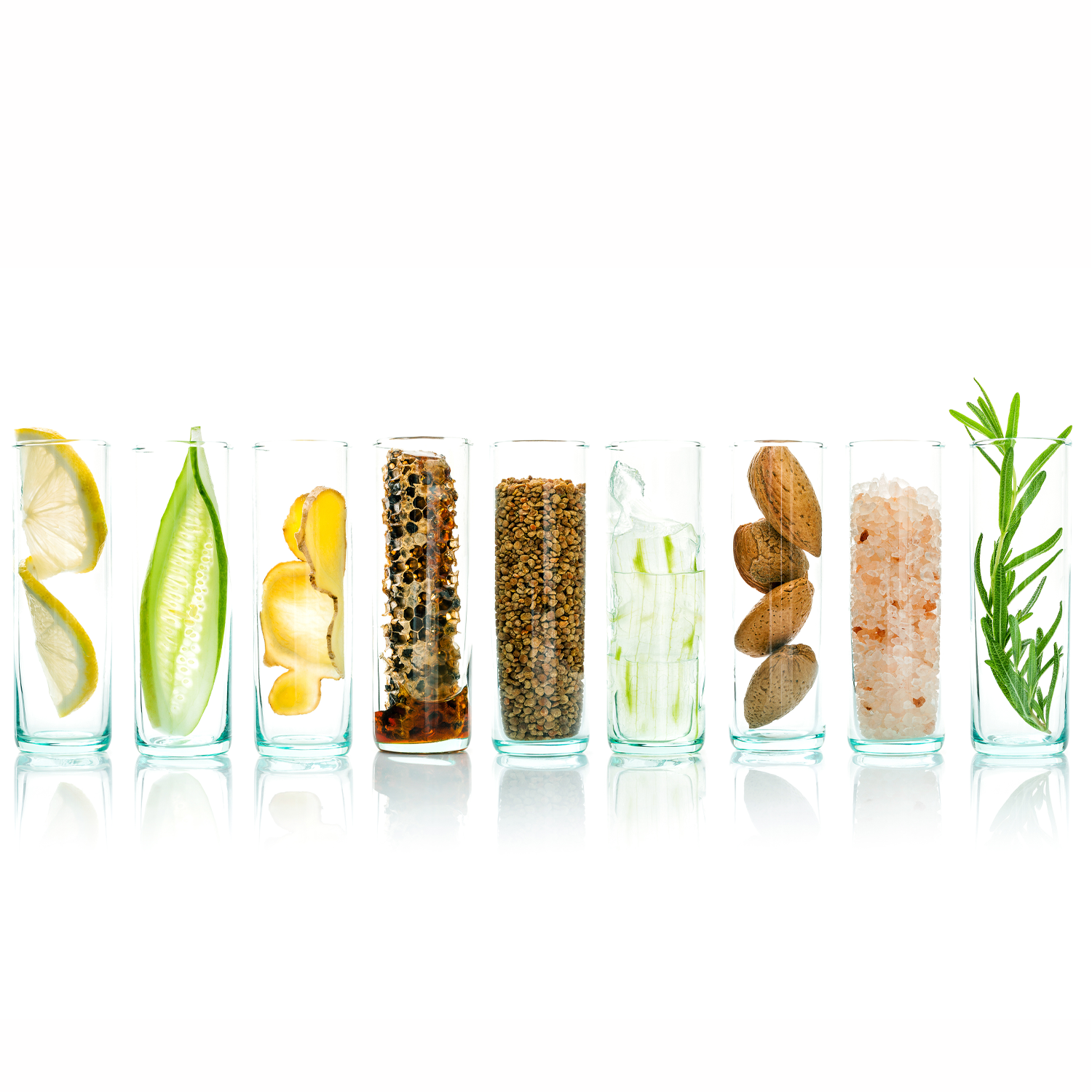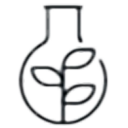
Why Clean, Natural Products Matter: Avoiding the Hidden Dangers of Synthetic Chemicals

In a world increasingly driven by convenience, many of the products we use daily are filled with synthetic chemicals. From skincare to household cleaners, these synthetic ingredients promise efficiency and longevity, but at what cost? Today, more people are waking up to the reality that what we put on and in our bodies truly matters. Let’s dive into why choosing clean, natural products is so important and uncover some of the harmful effects of common synthetic ingredients found in everyday items.
The Hidden Risks of Synthetic Chemicals
Synthetic chemicals are often cheaper and easier to manufacture, making them the go-to for many mainstream brands. Unfortunately, these compounds can disrupt the body’s natural balance, potentially leading to health issues ranging from skin irritation to hormone disruption and long-term health consequences.
Here are some of the worst offenders to watch out for:
1. Parabens: The Silent Hormone Disruptors
Parabens (like methylparaben, propylparaben, and butylparaben) are preservatives commonly found in cosmetics, lotions, and even some food items. They are used to extend the shelf life of products by preventing microbial growth.
Why They’re Harmful:
Parabens can mimic estrogen in the body, leading to hormonal imbalances. Studies have found traces of parabens in breast cancer tissues, raising concerns about their potential role in tumor development.
2. Phthalates: The Fragrance Fixers
Often hiding behind the term "fragrance" or "parfum" on ingredient lists, phthalates are used to make scents last longer in products like perfumes, deodorants, and lotions.
Why They’re Harmful:
These chemicals have been linked to reproductive toxicity, endocrine disruption, and developmental issues in children. Phthalates can interfere with hormone production and have been associated with reduced fertility.
3. Sodium Lauryl Sulfate (SLS) & Sodium Laureth Sulfate (SLES): Foaming Agents
These sulfates are found in shampoos, body washes, and even toothpaste, prized for their foaming properties.
Why They’re Harmful:
SLS and SLES can strip the skin of its natural oils, leading to dryness, irritation, and even allergic reactions. Additionally, SLES may be contaminated with 1,4-dioxane, a potential carcinogen.
4. Triclosan: The Antibacterial Villain
Used in soaps, toothpaste, and antibacterial products, triclosan is a powerful antimicrobial agent.
Why It’s Harmful:
Studies suggest that triclosan may alter hormone regulation, affect thyroid function, and contribute to antibiotic resistance. It has also been detected in human breast milk and urine, indicating widespread exposure.
5. Formaldehyde Releasers: Preservative Nightmares
Found in nail polishes, hair treatments, and cosmetics, ingredients like DMDM hydantoin and imidazolidinyl urea release formaldehyde to prevent microbial growth.
Why They’re Harmful:
Formaldehyde is a known carcinogen, linked to respiratory issues and skin irritation. Chronic exposure may increase cancer risk and lead to long-term health issues.
Why Choose Clean, Natural Products?
Switching to clean, natural products is more than just a trend—it’s a commitment to better health and wellness. Natural ingredients, derived from plants and minerals, work harmoniously with the body without the risk of harsh chemical exposure.
Benefits of Natural Products:
-
Reduced Health Risks: Free from harmful chemicals, reducing the risk of hormonal disruption and long-term health effects.
-
Skin-Friendly Formulas: Naturally derived ingredients are often gentler and less likely to cause irritation or allergic reactions.
-
Environmentally Friendly: Fewer synthetic ingredients mean less environmental pollution during production and disposal.
-
Holistic Well-Being: Natural products often contain botanicals and oils that nourish the skin, supporting overall health and vitality.
How to Make the Switch
If you’re looking to make the switch to natural products, here are some tips to get started:
-
Read Labels Carefully: Look for certifications like “organic,” “natural,” or “non-toxic,” but also research ingredient lists.
-
Avoid Greenwashing: Just because a label says “natural” doesn’t mean it’s free from harmful chemicals.
-
Prioritize Key Swaps: Start with products that you use daily, like skincare, deodorant, and household cleaners.
-
Support Ethical Brands: Choose companies committed to transparency, sustainability, and health-conscious formulations.

Final Thoughts: A Clean, Conscious Lifestyle
The shift towards clean, natural products is more than a personal choice—it’s a step towards a healthier future. By being mindful of what we put on our skin and into our bodies, we can reduce exposure to harmful synthetic chemicals and support holistic wellness.
At Alchemy Elements, we believe in crafting products that are as pure and powerful as nature intended. Our commitment to transparency and science-backed formulations means you can trust that every product is designed with your well-being in mind.
Investing in clean, natural products is an investment in your health, your environment, and your future. Make the switch today—your body will thank you.







Leave a comment
This site is protected by hCaptcha and the hCaptcha Privacy Policy and Terms of Service apply.